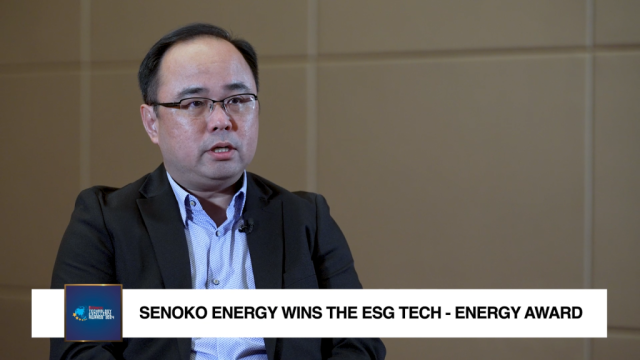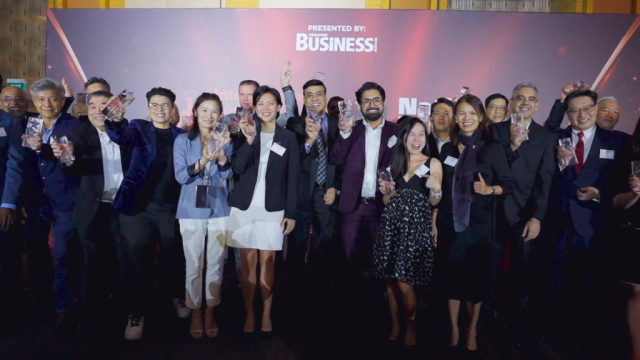
Opinions on Budget 2010: Financial Services Sector
Given Singapore’s desire to become an international financial centre, the lack of significant new incentives to grow the industry was surprising.
Even more surprisingly, the interest expressed in previous years’ Budgets about growing the Islamic Finance sector in sector was strangely missing this year.
By itself, the Financial Sector Incentive itself was enhanced. These enhancements are in line with the Government’s continuing efforts to rationalise the tax treatment of the financial services industry.
Currently, financial institutions which are granted the Financial Services Incentive-Standard Tax (FSI-ST) award enjoy a concessionary rate of tax of 10 percent on their qualifying income. The FSI-ST award is intended to cover a broader range of financial activities that are critical to the continuing development of the Singapore financial sector.
Under the FSI scheme, a Qualifying Base (QB) concept was introduced to adjust the qualifying income identified under the concessionary tax rate of 10 percent to the prevailing normal corporate tax rate. The QB factor is to neutralise any unintended tax benefit that a financial institution may enjoy as a result of the transition from the old Asian Currency Unit (ACU) tax incentive to the FSI-ST award.
Budget 2010 proposed that the FSI-ST award be enhanced in the following manner:
a. To remove the QB.
b. To increase the concessionary rate of tax under the FSI-ST award in tandem from 10 to 12 percent as a revenue neutral change.
c. To update the list of qualifying activities.
The Monetary Authority of Singapore (MAS) would provide further details on the proposed changes by April 2010. Although the changes would seek to simplify the rules for the FSI scheme and lower the compliance costs for financial institutions in Singapore, it may not be equitable to those financial institutions which are granted FSI-ST award and currently enjoying zero or low QB. This is because they would be subject to an effectively higher concessionary rate of tax on and after 1 January 2011. This group of financial institutions would include:
a. those who have set up business operations in Singapore after the introduction of the FSI scheme (where they would be granted zero QB); and
b. those who have transited from the old tax framework to the FSI scheme but QB computed is low.
In view of the above, it would be appropriate for the MAS to consider granting an option for taxpayers to elect to remain on the old scheme, if they wish to.
Separately, in light of the increased competition in the current financial market and continuous evolution of new financial products, it is imperative that the list of qualifying activities under the FSI scheme be periodically reviewed and updated in order to stay relevant. We certainly hope that these issues would be addressed when full details of the budget proposal are released in due course by the MAS.
The writer is an Executive Director of KPMG Tax Services in Singapore. The views expressed herein are those of the author and do not necessarily represent the views of KPMG in Singapore.
























 Advertise
Advertise










